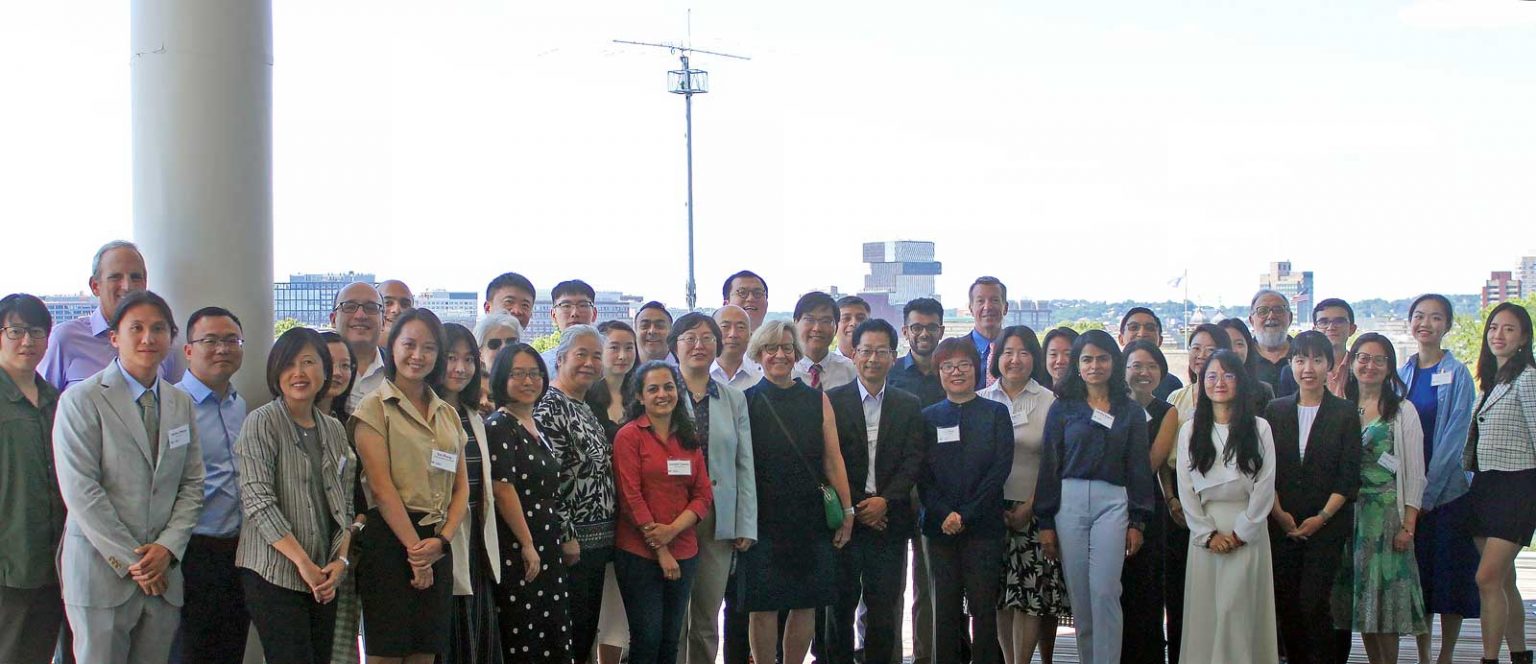
Advancing Asia Real Estate Research and Practice
Symposium explores research and development trajectories for real estate in Asia
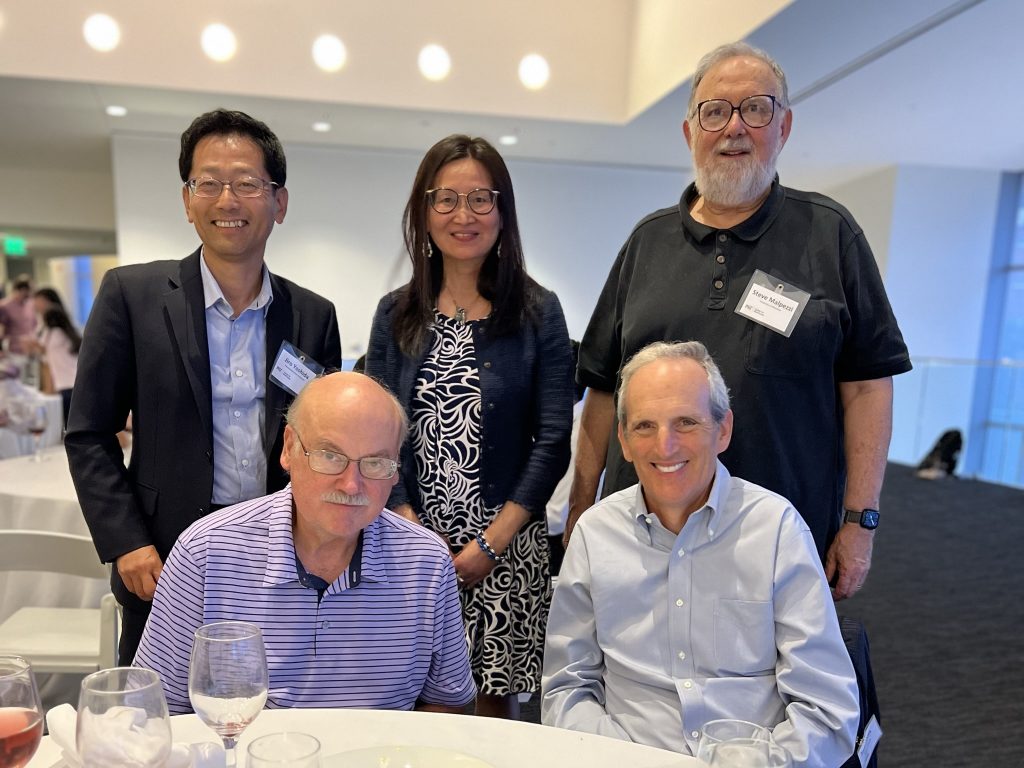
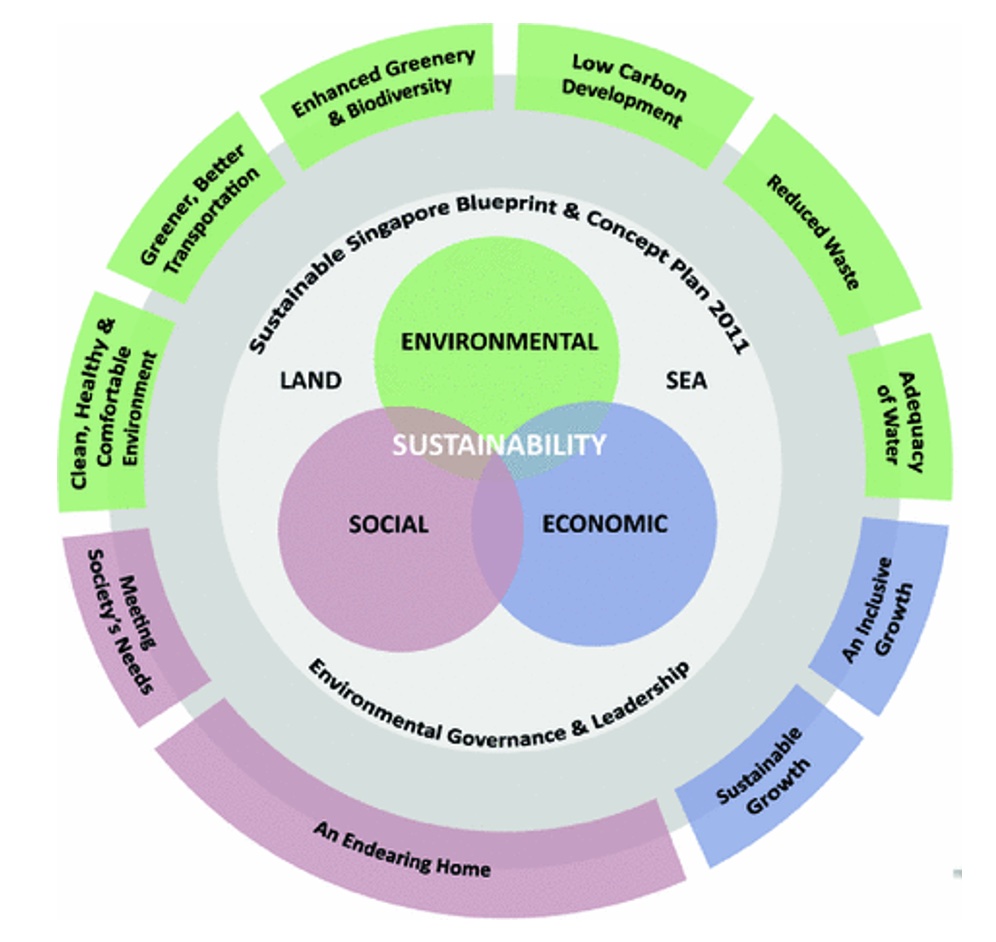

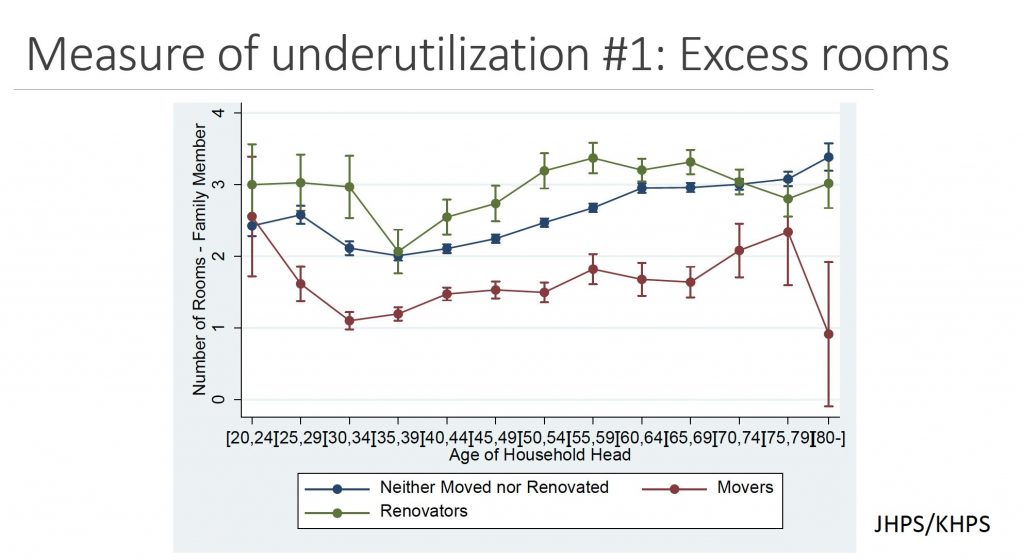
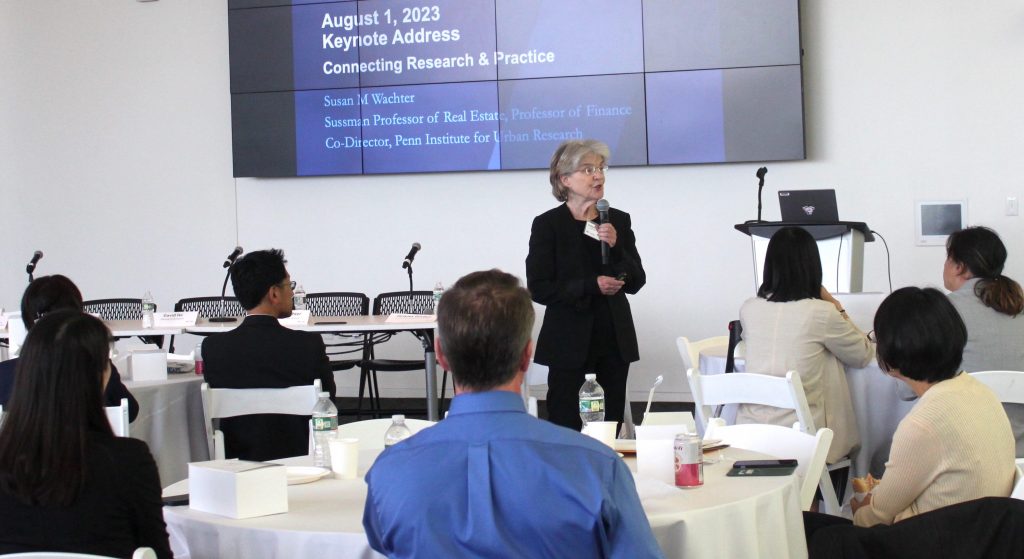
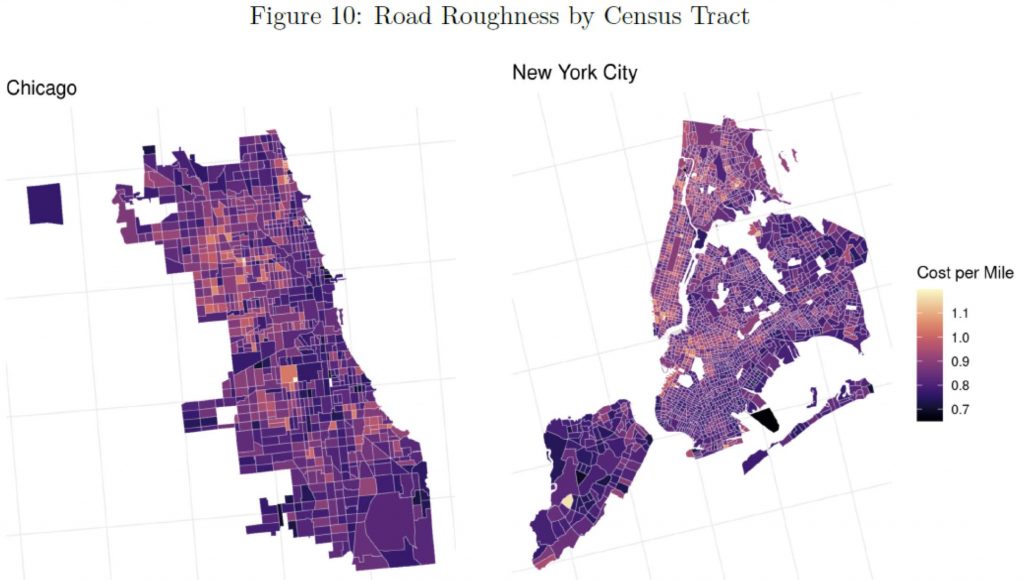
When considering the scale of the real estate industry in Asia consider an anecdotal example: currently, square footage equivalent to the size of the City of Boston is built every forty days in Asia. This staggering anecdote is reflected in financial and economic forecasts for real estate and Asia, an estimated 72% of all real estate investment opportunities will be in Asia by 2030. With an intensifying scale and pace of development as well as such large sums of assets represented in buildings and housing, what are academics focused on real estate in Asia researching and what models and data sources are they using to understand the evolving state of the industry?
The inaugural MIT Asia Real Estate Symposium (ARES), held over two days during the summer of 2023, brought together a global community of scholars and industry leaders to explore research on real estate in Asia and to anticipate the shape of future research agendas. The symposium centered around twelve papers, presented by authors and analyzed by participants. Rather than critique, the environment cultivated by the symposium engendered collaborative workshopping of papers where authors, peers, and the audience evaluated the merits of methods and models, explored avenues to enhance robustness for findings, and generated ideas for additional research pathways building off the framework provided by the papers.
The papers engaged with a wide variety of topics, such as housing affordability and climate adaptation strategies, across a number of countries, including: Singapore, Indonesia, Japan, China, and India. Running in parallel with the symposium, the Journal of Real Estate Research, will publish a special issue featuring a selection of the papers presented at the symposium.
Asia is where much of the future of urban growth will occur and the experiences and strategies used during its growth over the next decades will provide a model for development in the Global South.
Susan Wachter
ARES is an element of the MIT/CRE Asia Real Estate Initiative (AREI), which promotes a sustainable and innovative approach to real estate development in Asia by providing a platform for industry leaders, entrepreneurs, and the academic community to address challenges such as housing supply constraints, intensifying climate impacts, and more inclusive social practices.
“MIT researchers associated with the Asia Initiative have been working on three interrelated themes: the future of real estate and live-work-play dynamics; connecting sustainability and technology in real estate; and innovations in real estate finance and business since it was established in 2022,” said Siqi Zheng, faculty director of MIT/CRE and AREI faculty chair. “This symposium provided an opportunity to share and collaborate with peer-academic institutions, giving scholars who focus on Asia the ability to see potential synergies as well as gaps in our collective research agendas.”
In addition to the papers, a variety of distinguished scholars gave keynote presentations on their ongoing research in Asia. Speakers included: Harvard University’s Edward Glaeser, National University of Singapore’s Sumit Agarwal, University of Southern California’s Matthew Kahn, and University of Pennsylvania’s Susan Wachter.
Concluding the event, Agarwal and Wachter joined industry leaders Qian Wang (SMArchS ‘95, MSRED ‘03) and David He to explore themes in the research discussed at the symposium, highlighting how future research could be of best use for industry leaders, and discussing how a more collaborative relationship between industry and academia could be forged. Before Wang launched his new startup Collab, focused on disrupting and improving student housing models, he led several successful development projects in China and established a reputation for building talented teams and innovating in the real estate industry. He is the Executive President at Jiaming Investment, an international development firm that integrates global resources thoughtfully to create developments and cities that reflect both their historical character while embracing tomorrow’s values.
“In order to achieve sustainability – environmental, financial, and social – objectives in real estate, collaboration is, and will continue to be, key for academics and industry,” said Wachter during her closing keynote. “Asia is where much of the future of urban growth will occur and the experiences and strategies used during its growth over the next decades will provide a model for development in the Global South. That is why, for the sake of the world, it is critical that we support efforts such as the Asia Real Estate Initiative, focused on understanding trends, translating best practices, and guiding sustainable, responsible, and successful development efforts.”



